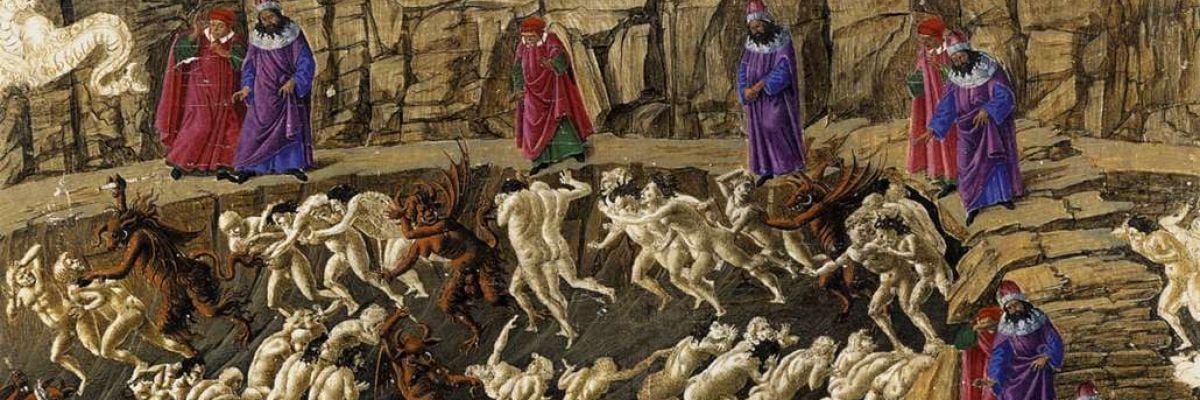L
Latin
Guest
IT IS THE OPPOSITE, GOD PERMITS SIN FOR ONE REASON, TO CAUSE GOOD TO EMERGE FROM EVIL ITSELF.“sin as a means to eternal damnation”,
.
311 For almighty God. . ., because he is supremely good, would never allow any evil whatsoever to exist in his works if he were not so all-powerful and good as to cause good to emerge from evil itself.
.
324 Faith gives us the certainty that God would not permit an evil if he did not cause a good to come from that very evil, by ways that we shall fully know only in eternal life.
.
308 The truth that God is at work in all the actions of his creatures is inseparable from faith in God the Creator.
God is the first cause who operates in and through secondary causes: For God is at work in you, both to will and to work for his good pleasure.
The key to understand 1034 is the Book of Jonah.1034 Jesus often speaks of “Gehenna” of “the unquenchable fire” reserved for those who to the end of their lives refuse to believe and be converted.
The Book of Jonah, for the attention of the Ninevites Jonah forty days promised distraction and hell for all Ninevites and after forty days God provided Universal Salvation and saved all Ninevites. - The same principle applies to 1034.
.
When we reading the Scripture, we see in parallel there are two lines of teachings.
One line is only a few people saved, the other line is God’s Universal Salvific Will and God saves everyone. – Rom.5:18; Eph.1:10-11; Col.1:20; etc.
.
CCCS 1996-1998; This call to eternal life is supernatural, coming TOTALLY from God’s decision and surpassing ALL power of human intellect and will.
Acts 13:48; … as many as had been appointed for eternal life believed. – No one rejects God’s call to heaven.
GOD SAVES EVERYONE
294 The ultimate purpose of creation is that God who is the creator of all things may at last become all in all, thus simultaneously assuring his own glory and our beatitude.
Eph.1:10; “In the dispensation of the fullness of the times He might gather together in one all things in Christ, both which are in heaven and which are on earth—in Him.”
.
321 “ Divine providence consists of the dispositions by which God guides all his creatures with wisdom and love to their ultimate end.”
.
CATHOLIC ENCYCLOPEDIA Divine Providence explains;
His wisdom He so orders all events within the universe that the end for which it was created may be realized.
.
He directs all, even evil and sin itself, to the final end for which the universe was created.
.
Nor would God permit evil at all, unless He could draw good out of evil (St. Augustine, Enchir. xi in P.L. LX, 236; Serm.
.
Evil, therefore, ministers to God’s design (St. Gregory the Great, op. cit., VI, xxxii in “P.L.”,
http://www.newadvent.org/cathen/12510a.htm
.
God bless
Last edited:

